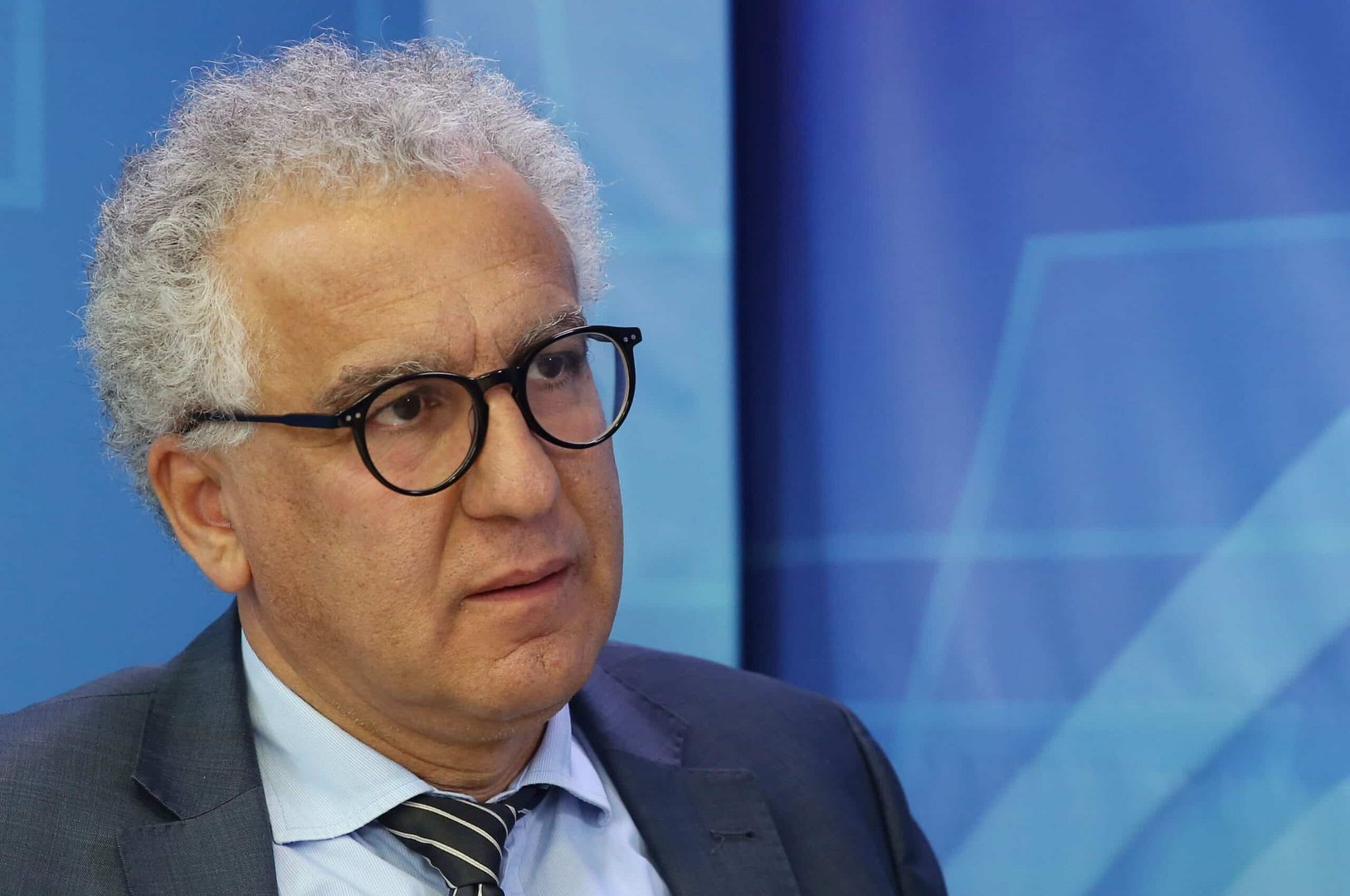Cyprus is one of only two EU states still without a university hospital
Expectations that the start of 2023 would finally see the long-awaited creation of university hospitals in Cyprus were dashed when the House of Representatives went into recess in December until the presidential elections.
There is however a glimmer of hope that the legal framework, necessary for the operation of university hospitals and clinics will be approved by the House health committee after the legislature reconvenes in March.
Disy deputy president of the health committee, Efthymios Diplaros, told the Sunday Mail, “we are three quarters there.” The framework had been finalised and was sent to the State Legal Service for examination. He hoped the Legal Service will complete its work while the House was in recess and return it to the committee in March.
“Once we have it, I intend to get it through the committee within three weeks,” said Diplaros, adding that “this matter has gone on for too long.”
The establishment of university hospitals has been strongly opposed by the government doctors’ union Pasyki, which was responsible for the years of chopping and changing of the bill, aided by supportive politicians.
Discussions of the bill by the stakeholders – university medical schools, Pasyki, the administrator of the state hospitals Okypy – started more than five years ago, in 2017, earning Cyprus the dubious distinction, together with Luxembourg, of being the only EU member-state without a university hospital.
“This is a paradox of world dimensions,” said the Dean of the University of Cyprus medical school, Dr George Hadjigeorgiou, on a radio show. “We have three medical schools in Cyprus without the legal framework for the operation of university hospitals and clinics.” He also wondered whether it was a mistake to have medical schools without solving this problem.
The Dean of the University of Nicosia Medical School, Professor Adonis Ioannides, believed it was right to have discussions of all the stakeholders and their concerns addressed. “We do not want to impose a solution on them as we should all be on the same page,” he told the Sunday Mail.
“We need to proceed, however, because we cannot allow the matter to drag on indefinitely,” said Professor Ioannides, who is of the view that “everything has been put in place, the bill covers all needs and all that is required is the will to go ahead.”
There is a level of cooperation of the medical schools with state hospitals at present, students following medical procedures as part of their training, but all hospital clinics are run by the doctors of Pasyki, who do not allow clinical academics to tread on their territory. There was a big row, some six or seven years ago, when the UCy medical school tried to send clinical academics to Nicosia General Hospital. The idea of the legal framework followed.
In university hospitals, clinical academics, who are usually professors of medicine, are selected by the medical school to provide practical training – what is known as bedside clinical training – to students. While they practice medicine with hospital doctors, they also train medical students and carry out research, either at medical labs or by studying medical data they collect from their daily work.
The biggest beneficiaries from the existence of university hospitals would be the patients, as the standard of medical care would be raised by the presence of clinical academics with experience of working in big hospitals abroad. Visiting professors would not only help medical students but also the doctors of the university hospitals.
Pasyki, however, is more concerned about protecting the jobs of its members than the upgrading of medical care for everyone. Union leader Dr Sotiris Koumas makes no secret of this, arguing that the establishment of university hospitals would mean fewer jobs for doctors. “We cannot give hospital beds to university clinics,” he said recently.
“If we give 200 hospital beds to university doctors, what happens to our colleagues?” he asked last month, acting as if hospital beds were the ownership of Pasyki. “Less staff will be needed if the beds are reduced,” Dr Koumas said during a radio debate on the issue.
Diplaros conceded that Pasyki still had “some reservations” about the legal framework, but believed these would be dealt with by the time the bill came up for discussion at the committee. Not everyone is confident that Pasyki will play ball given its traditional militancy and its hard line on university hospitals.
Presidential candidate Constantinos Christofides, who was the Rector of the UCy when the medical school was set up in 2013, had many public rows with Pasyki, as well as with deputies who backed the union.
Pasyki had fought the creation of university clinics from the start, said Christofides. Apart from the misinformation about the cost of the medical school, “they would oppose, undermine and filibuster,” he said.
In an article he wrote, he said: “Most of the professors who came to the Medical School of the UCy had long experience in administration of big university clinics in developed countries. The unions hated them. The state was unable, or did not want, to utilize them for the benefit of the patients. The answer was monotonous – the unions are reacting.”
Christofides said “there was a long list of excellent professors at the Medical School who were driven out by the familiar tactics of the organized unionists, with the political system tolerating their antics.”
The country is being held to ransom by Pasyki, which, in effect, is preventing the upgrading of state hospitals that would benefit all people, in order to protect the narrow interests of its members. Who could deny the benefits of having experienced clinical academics working in hospitals and treating patients?
“We will upgrade the hospitals,” said Professor Ioannides. “We are committed to making big investments in the university hospital we have an agreement with; we will bring specialist doctors we will buy equipment. Patients only stand to gain from university hospitals.”
The idea is that each medical school would set up its own university hospital. Currently, University of Nicosia sends its students to the Limassol General Hospital, UCy to the Nicosia General Hospital and the European University to the Famagusta/Larnaca General Hospitals.
Once the university hospitals are up and running, top clinical academics could be attracted, it would be easier to secure funding for research, while demand for places at Cyprus’ medical schools would be boosted; there would no longer be a need for medical school students to do their residency at hospitals abroad.
It remains to be seen whether Pasyki, which has been the main obstacle to the creation of university hospitals and clinics, will put aside its ‘reservations’ and allow the upgrading of hospitals and raising of the standard of medical care for the benefit of the whole population.







Click here to change your cookie preferences